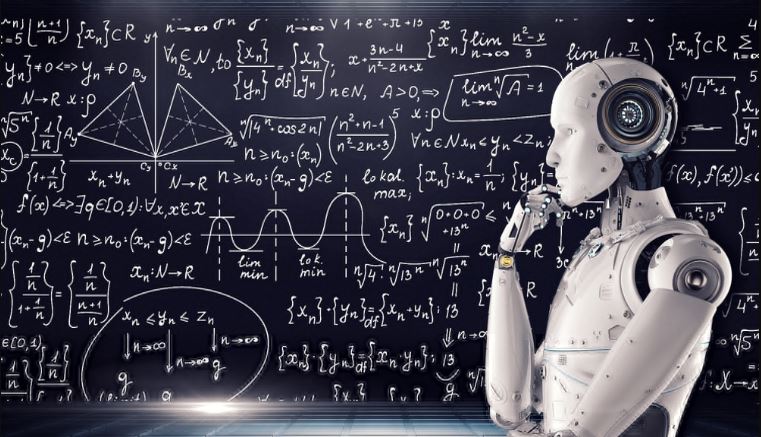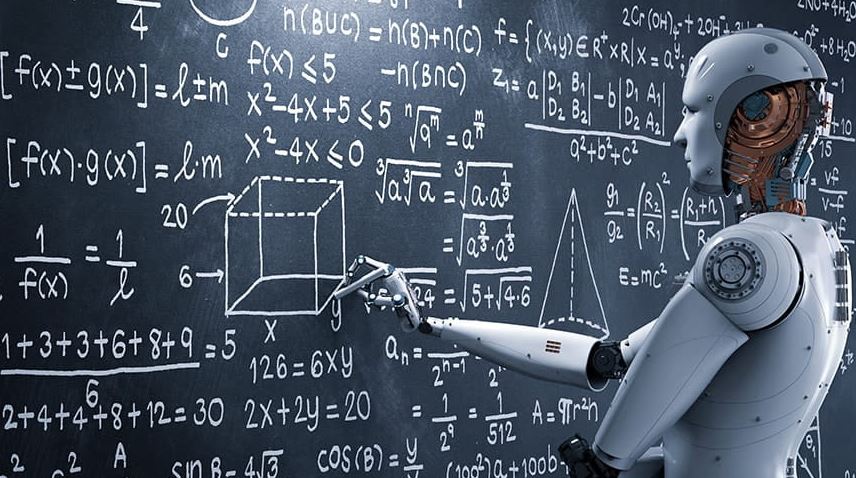Recent advances in artificial intelligence (AI) in mathematics are raising hopes that machines can soon match, or even surpass, human reasoning abilities.
According to several experts in the field, this advance could revolutionize the way we approach complex mathematical problems. It could also open up new perspectives in many scientific fields.
AI Capable of Solving Complex Mathematical Problems
AI systems like DeepMind’s AlphaZero and OpenAI ‘s GPT-3 have already demonstrated their ability to solve complex mathematical problems. Resolutions ranging from game theory to algebraic geometry. In reality, these AIs use machine learning techniques to analyze immense amounts of data and extract mathematical patterns. These allow them to find innovative solutions to problems that have long challenged human mathematicians.
Read Also: OpenAI Seeks To Combat The Use Of ChatGpt For Political Purposes In The U.S. Elections
Potential to Revolutionize Mathematical Research

Some experts believe that the emergence of AI mathematicians could change everything about the way mathematical research is conducted. By automating some tedious tasks and exploring vast spaces of potential solutions, these systems could significantly accelerate the pace of mathematical discoveries. This could give human researchers the opportunity to focus only on more creative and intuitive aspects of their work. They could collaborate with AIs to push the boundaries of mathematical knowledge.
Read Also: Microsoft’s Violation of OpenAI Principles: Offering AI to US Military
Ethical and Epistemological Challenges to Be Addressed
That being said, it should be noted that the advent of mathematical AI also raises ethical and epistemological questions. How can we assess the validity and reliability of the results generated by these systems? How can we ensure that AIs do not perpetuate human biases or lead to erroneous conclusions? Mathematicians and computer scientists will need to work together to develop ethical frameworks and robust verification methods. All this, to ensure the integrity and transparency of AI-assisted mathematical research.
A Successful Collaboration Between Man and Machine
Despite these challenges, many experts remain optimistic about the mathematical potential of artificial intelligence to advance our understanding of the world. By combining the computing power and analytical ability of machines with human intuition and creativity, we may be able to solve some of the toughest mathematical problems. It will also be possible to open up new horizons in fields such as physics, engineering and life sciences. The future of mathematics may lie in a fruitful collaboration between man and machine. A relationship in which everyone brings their unique strengths to push the boundaries of knowledge.
Source:NewScientist





